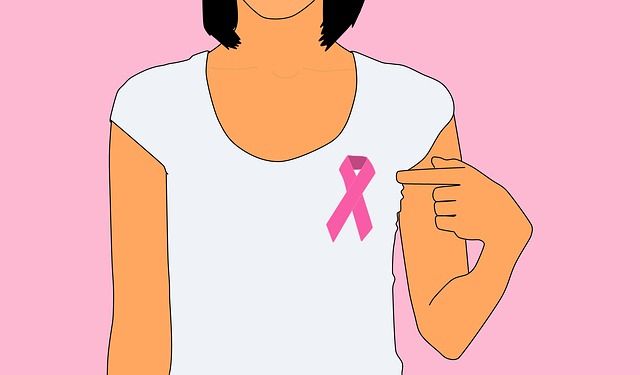
A new vaccine developed by researchers in Florida, the US, has shown promising results in treating cancer by preventing the recurrence and development of breast and ovarian cancers.
The researchers at the Mayo Clinic in Jacksonville said that they hoped to move to larger trials in the coming years as the immunotherapy treatment that trains the immune system to recognize and kill breast and ovarian cancer cells showed positive signs in early-stage clinical trials.
Dr Saranya Chumsri mentioned that the vaccine stimulated patients' immune response so that the immune cells like t-cells attacked cancer.
Lee Mercker, one of the first participants in the trial who was diagnosed with breast cancer in March this year, said that the clinical trial -- just a 12-week process -- worked for her.
"It was three shots, all in a row, alternating arms, four shots, two weeks apart," Mercker said, adding that she still had to have a mastectomy.
"That's how we got to know that everything was removed properly," Chumsri said, adding that she hoped the vaccine could entirely prevent cancer in the future.
She told First Coast News the researchers were now testing the vaccine on another patient, who is also showing good results before it could be made available to a large number of patients and passed the Food and Drug Administration's phase III trials.
"It is reasonable to say that we could have a vaccine within eight years," Mayo Clinic investigator Keith L. Knutson told Forbes.
Knutson said immunologists at Mayo already had two cancer vaccines against Triple Negative Breast Cancer and HER2 Positive Breast Cancer, respectively, and working on a third against ductal carcinoma in situ (DCIS), non-invasive breast cancer affecting 300,000 people each year in the US.
"We know that they're safe. We know they stimulate the immune system [to fight cancer]," Knutson argued.
According to the American Cancer Society, about 268,000 women are diagnosed with invasive breast cancer every year in the US.









